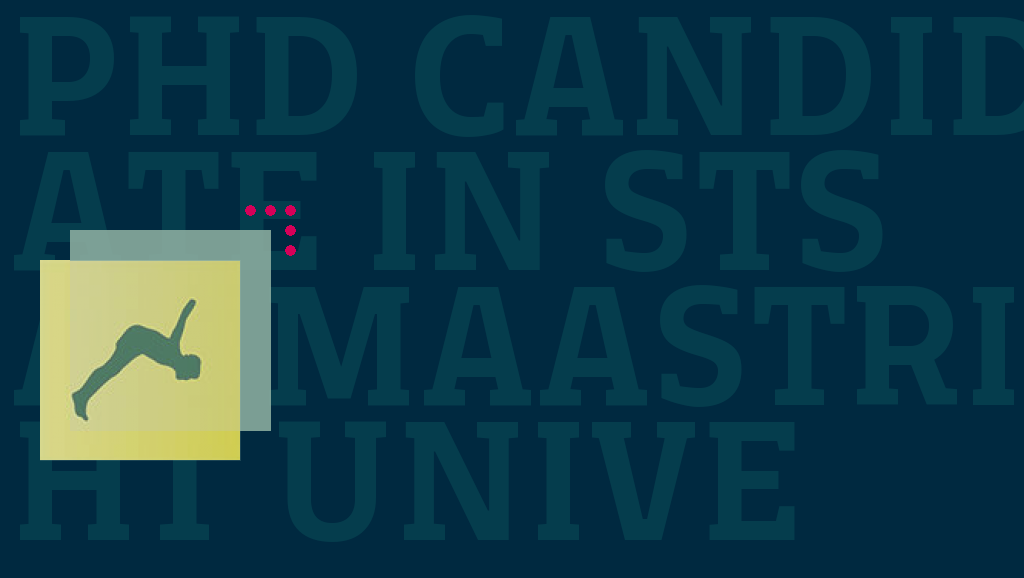This PhD position about bias in media recommender systems is part of the Trustworthy AI for Media Lab (TAIM), one of 17 labs connected to the Innovation Center for Artificial Intelligence (ICAI) within the Long Term Program (LTP) Trustworthy AI-based Systems for Sustainable Growth (ROBUST). The PhD project is funded by the Dutch Research Council (NWO). The successful candidate will be based at the Faculty of Arts & Social Sciences, working with Dr Annika Richterich and Dr Sally Wyatt.
“Can we train artificial intelligence (AI) to be fair and inclusive? This PhD position will allow you to conduct social science research on how diversity in all of its forms – including age, ethnicity, disability, gender, health, sexuality or religion – is considered in the development of Al systems. ln recent years, we have seen how Al systems, e.g. based on historic data, quickly learn to intensify discrimination, exclusion and hate speech: for example in the association of jobs with genders, or crime with ethnic groups.
(…)
You will conduct social science research with computer and data scientists as well as information technology (IT) professionals developing artificial intelligence systems, using qualitative, notably ethnographic and digital methods. You will study and reflect on their practices, motivations, discussions, and output in designing ‘trustworthy AI’. As outlined above, this PhD position is embedded in a collaboration between social scientists and computer scientists at Maastricht University and the University of Amsterdam as well as the industry partner and media company RTL. (…)”
Essential
You hold a MA/MSc degree in science and technology studies, media studies, sociology, anthropology, gender and diversity studies or a related discipline (or are expected to obtain such a degree in the very near future);
You have received excellent grades and you have a strong interest in academic research on digital technologies and media, developments and debates in artificial intelligence and machine learning, the interplay between technology, diversity, and inclusion, and digital transformations more generally;
You have previously conducted qualitative, ideally ethnographic, research – for example for your MA thesis;
You are capable of independently conducting original research as well as working in a team;
You are fluent in English (Cambridge English Proficiency, level C2, oral and written).
Desirable
Experience with interdisciplinary collaboration, e.g. having worked in a computer science or professional IT setting, is a plus;
Knowledge of Dutch is an asset, since this will support your ethnographic research in work settings where Dutch is used for informal conversations and will facilitate your understanding of Dutch-language (meta-)data.
The deadline for applications is 16 March 2023
More details are available here.
————-

















